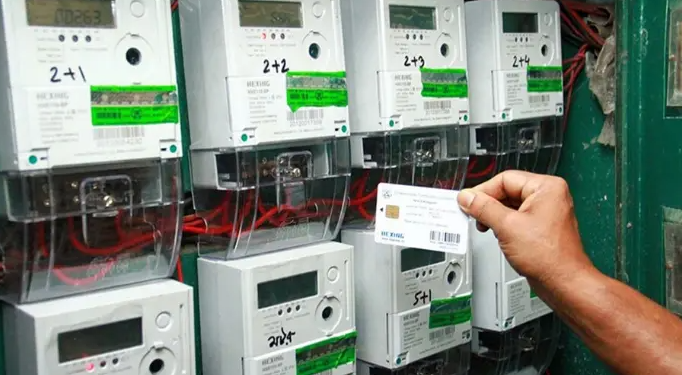The country’s electricity sector has faced numerous challenges over the years, including inadequate infrastructure, inefficiencies in power distribution, and the high cost of generating electricity.
The Vice Chancellor of Babcock University, Prof. Ademola Tayo, mentioned that inflation diminishes the purchasing power of academia. He also noted the reclassification of customers into Bands for electricity tariffs by the authorities, which has added a consequential burden of meeting exorbitant monthly electricity expenses.
In May 2024, Babcock University had to pay over N300 million for electricity alone, an unplanned expense in their budget.
In the same vein, the University of Ilorin (Unilorin) said it pays between N120 million and N130 million for electricity every month.
To this end, dopting energy-saving electronics has numerous benefits for Nigerian households. LED bulbs, for example, consume up to 80 per cent less energy than traditional incandescent bulbs, while energy-efficient refrigerators can reduce energy consumption by up to 40 per cent. These savings can make a noticeable difference in household budgets. Companies in Nigeria have started embedding advanced energy-saving technologies into everyday electronics such as fans, televisions, refrigerators, air conditioners, and lamps, enabling consumers to save on costs while enjoying the same level of performance.
For instance, Green Energy International Ltd. specialises in solar energy solutions, offering solar-powered fans and lamps that significantly reduce electricity consumption. Similarly, KatexPower provides solar home systems and energy-efficient air conditioners, making clean and affordable energy accessible to both urban and rural communities.
emidayo Kilanko, who has adopted energy-saving devices, shared his experience: “I had to change the lighting system in my house to energy-saving ones so it doesn’t consume as much energy. Depending on the quality, some of these appliances are on the high side in terms of cost, while some are not expensive. But make sure you get quality ones so that they serve you better.”
Inverter air conditioners adjust their cooling capacity based on the room’s temperature, using less energy than traditional models. Energy-efficient fans, including ceiling fans and portable fans, are designed to consume less electricity and can help keep rooms cool at a lower cost. Modern refrigerators with high energy efficiency ratings consume significantly less electricity than older models. Look for refrigerators with inverter technology and energy-saving modes. Smart televisions are designed to consume less power by using energy-efficient display technologies and automatic power-down features when not in use.
Using energy-saving chargers and power strips that automatically cut off power when devices are fully charged and power strips that shut down multiple devices at once can reduce unnecessary energy consumption. Microwaves generally use less energy than traditional ovens for cooking small portions. Induction cooktops are more energy-efficient than gas or electric stoves as they heat up faster and use less energy.
Energy-efficient washing machines with energy-saving features use less water and electricity, and front-loading models tend to be more efficient than top-loading ones. Dryers with moisture sensors automatically stop when clothes are dry, saving energy and reducing wear on fabrics. Utilising solar energy to heat water through solar water heaters can dramatically reduce electricity costs, particularly in Nigeria’s sunny climate. Modern water heaters with better insulation and energy-saving settings consume less electricity.
Laptops generally consume less power than desktop computers, and using energy-efficient models can further reduce electricity usage. Energy-saving printers and scanners with power-saving modes that shut down after periods of inactivity can help cut energy costs. By adopting these energy-saving technologies, Nigerian households and businesses can significantly reduce their electricity expenses and contribute to a more sustainable future.



